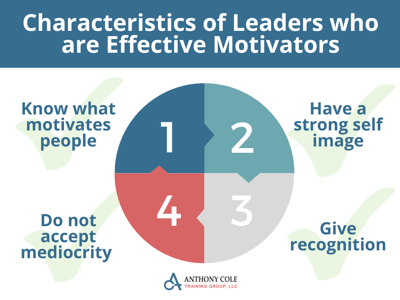This is what it takes to be successful at building and achieving sales team excellence: You must love coaching and the game of selling. You must thrive on developing others to be the best versions of themselves. It must be about helping others gain the spotlight, success and financial rewards or a job well done. It requires sacrificing ego and the need to be right for the other person to discover their path, develop their skills and become the expert.
There are assessments in the marketplace to help people identify if they have what it takes. We use Objective Management Group’s (OMG) Sales Manager Evaluation. Three key findings are identified and scored:
- The Will to be Successful specifically in the role of manager or sales leader
- The Sales Manager DNA
- The Sales Manager Competencies
In this series, we will break down several of these 3 findings to help sales managers zero in on what might be preventing you from achieving sales team excellence.
The Impact of Supportive Beliefs
OMG's research has found that high self-awareness is especially important for sales managers. Self-awareness helps you better understand the belief systems that you are consciously or unconsciously bringing into interactions with your salespeople or any customers you directly interface with. It also helps you understand how you might interpret a salesperson or client's response to you. Below we've listed 7 Self-Limiting Beliefs that could be preventing you from achieving sales team success, along with the corresponding Supportive Beliefs that you can develop with training and coaching.
Self-Limiting Belief: I don't need to manage my salespeople's daily activity
Supportive Belief: It is my job to manage my salespeople's daily activity
Self-Limiting Belief: I don't need to know what motivates my salespeople
Supportive Belief: It is important to understand my salespeople's personal goals and financial needs
Self-Limiting Belief: I don't need to upgrade the sales force
Supportive Belief: It is important to regularly recruit new salespeople
Self-Limiting Belief: Raising my people's self-esteem is not a high priority
Supportive Belief: I must encourage my salespeople to get the most from them
Self-Limiting Belief: Prospects that need time to think before making a decision will eventually buy from us
Supportive Belief: Prospects that need time to think before making a decision will not end up doing business with us
Self-Limiting Belief: My salespeople need to make presentations
Supportive Belief: My salespeople should make presentations to fully qualified prospects and only when necessary
Self-Limiting Belief: I don't need a strong relationship with my prospects in order to sell them
Supportive Belief: I am able to quickly develop strong rapport with prospects
As you review and reflect on these 7 beliefs, how do you score on each? What can you and will you do differently to change your coaching behavior and skill levels? In our world today with the many digital and AI-programmed interactions, we have entered into a new reality when it comes to achieving sales team success. In order to stay ahead of the competition, companies need sales managers or coaches with supportive belief systems who can track each individual’s sales activities, coach, and hold them accountable to behaviors that will sustain and grow revenue.








